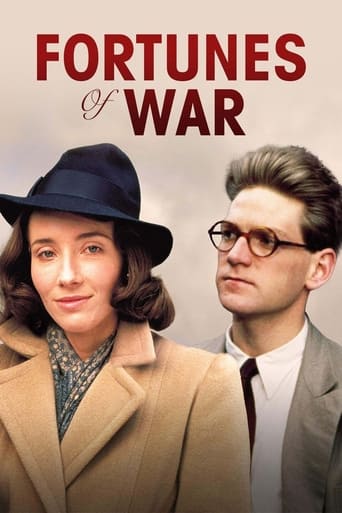
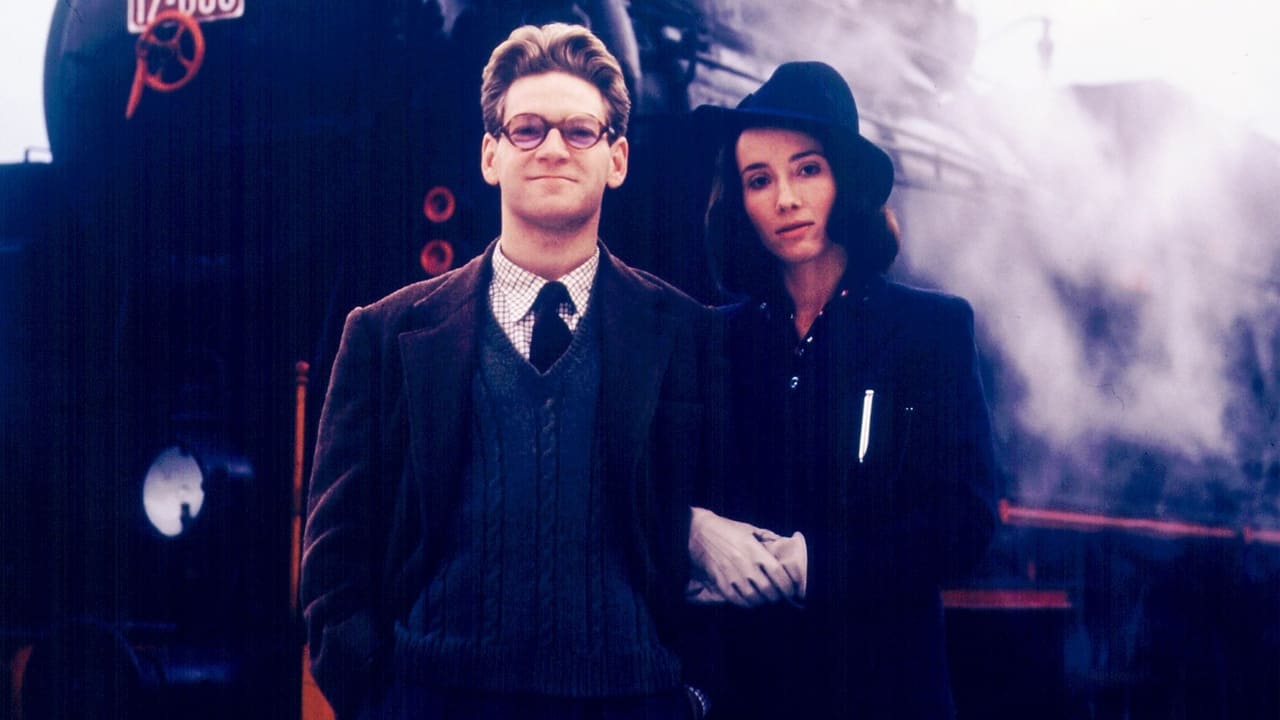
Fortunes of War is a 1987 BBC television adaptation of Olivia Manning's cycle of novels Fortunes of War. It stars Kenneth Branagh as Guy Pringle, lecturer in English Literature in Bucharest during the early part of the Second World War, and Emma Thompson as his wife Harriet. Other cast members included Ronald Pickup, Robert Stephens, Alan Bennett, Philip Madoc and Rupert Graves. The series stays relatively faithful to the original novels, with no notable departures from their plot.
 AD
AD
All Prime Video
Cancel anytime

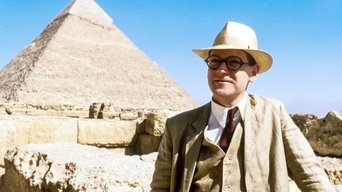
Guy struggles to come to terms with his apparent loss. A quick marriage, an emotional reunion and a sudden death change the lives of those at ‘Garden City’ forever.
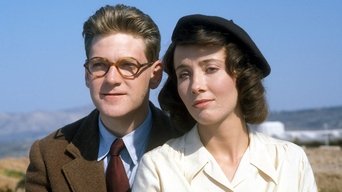
An an attempt to help Simon recover from the death of his brother, he’s taken under the wing of those at ‘Garden City.' Harriet contracts dysentery and Simon is involved in a desert disaster. Harriet makes a decision about her future. Some last minute changes to travel arrangements lead to a major misunderstanding.
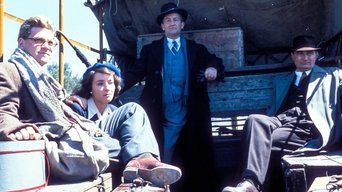
After their unceremonious arrival in Cairo, Guy and Harriet are forced to stay in an old brothel. Guy struggles to find work when it emerges that an old adversary is in charge of the English School. The Germans close in and Simon experiences the harsh realities of war.
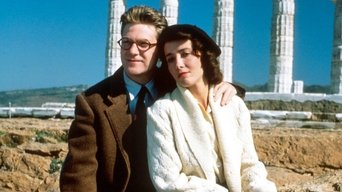
A despondent Harriet arrives in Athens and is overjoyed to see a familiar face. Yakimov and Harriet both pleased to find employment at the British Information Office. When Athens comes under enemy fire, a cigarette during the blackout results in a tragedy.
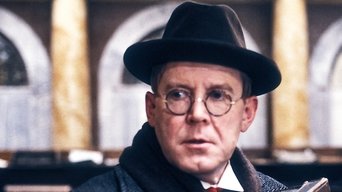
The fascist Iron Guard increase their power and the British fall out of favour with the Romanians. Tension mounts as the fascists take over and the Pringles, with the help of Clarence Lawson, try to smuggle Sasha out to safety.
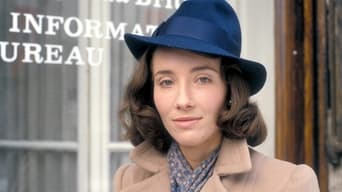
Commander Sheppey holds a clandestine meeting to organise the destruction of the River Danube. Guy feels guilty about not being on active service and is determined to do something productive. Harriet and Guy encounter an old friend who is in desperate need of their assistance.
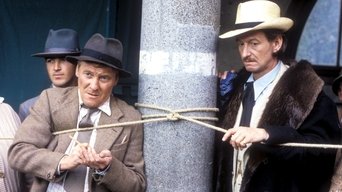
Set in the Balkans 1939. Newly weds Guy and Harriet Pringle journey to Bucharest where Guy is a lecturer of English Literature. Impoverished Prince Yakimov arrives in the city and struggles to find financial support, but a temporary job as a Fleet Street journalist could save him from destitution. Harriet befriends bourgeoisie Bella and members of the British Legation.
Fortunes of War is a 1987 BBC television adaptation of Olivia Manning's cycle of novels Fortunes of War. It stars Kenneth Branagh as Guy Pringle, lecturer in English Literature in Bucharest during the early part of the Second World War, and Emma Thompson as his wife Harriet. Other cast members included Ronald Pickup, Robert Stephens, Alan Bennett, Philip Madoc and Rupert Graves. The series stays relatively faithful to the original novels, with no notable departures from their plot.
The tv show is currently not available onine

as Harriet Pringle

as Guy Pringle